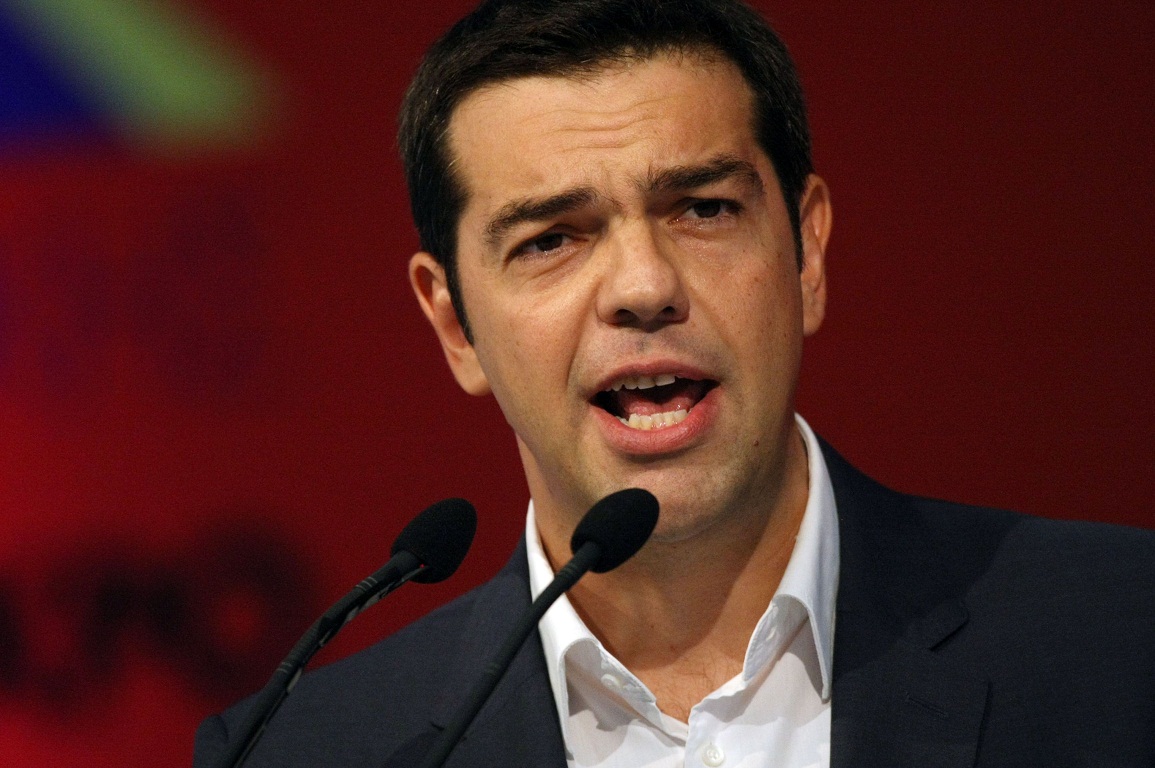The victory of the left-wing Syriza party in Greece’s national election this year unleashed a sense of profound optimism among disenfranchised workers across the globe. Greek Prime Minister Alexis Tsipras has made bold promises to free his citizens from the clutches of austerity, vowing to “destroy the oligarchy system” and alleviate the humanitarian crisis that has erupted following the staggering decline of Greece’s economy. In pursuit of these goals, Syriza enticed Greek voters with a variety of astonishing promises, such as the addition of 300,000 new jobs, a substantial increase in the minimum wage, and the provision of free electricity and food stamps for impoverished families. Amidst widespread economic misery, it is no wonder that Greek citizens would be attracted to such pledges to change the status quo.

However, Syriza’s ability to fulfill these promises is in question, and for good reason. The Greek economy is in ruins, which is partly a result of excessive government spending without commensurate economic growth. Shockingly, the last seven years alone have invalidated the past 28 years of economic growth in Greece, illustrating how quickly an economy can crumble. The country’s unemployment rate reached a high of 28 percent, and today stands at around 26 percent. Poverty is so crippling and widespread that many citizens cannot afford heating in their homes, leading them to burn materials which have produced smog in major cities. Such conditions are clearly untenable for the vast majority of Greece’s population, but the extent to which they can be overcome is uncertain.
Unfortunately, Greece’s policymakers have little power with which to implement most of the economic programs that have been proposed. As a member of the Eurozone, Greece is being pressured by European business elites into abandoning most of its plans. Indeed, the European Central Bank, International Monetary Fund, and European Commission—commonly referred to as the ‘troika’—have even stymied efforts to deliver food and electricity to the country’s poorest citizens. Instead, European leaders have urged Greece to adopt austerity measures, such as cuts to social services, in order to pay back $260 billion in loans. However, these austerity programs would decimate public programs such as housing and education, a possibility that is unacceptable to most Greek citizens.
Given the past few years, a call for more austerity is a controversial prescription for Greece’s economic woes. To little avail, the country has already been implementing harsh austerity measures for the past five years in exchange for loans and bailouts from the troika, led by Germany. This has come in the form of large social spending cuts, the sale of valuable assets, and the removal of labour protections, all in order to pay back creditor. Consequently, Greece’s debt as a proportion of its GDP has skyrocketed since 2010. According to Nobel Prize-winning economist Paul Krugman, “Austerity, it turns out, has devastated Greece just about as much as defeat in total war devastated imperial Germany.”
While austerity has failed to alleviate Greece’s crumbling economy, German Chancellor Angela Merkel’s ability to implement alternative solutions is limited. This is due to a combination of domestic factors and structural flaws within the Eurozone system. At home, Merkel has experienced significant backlash from politicians and citizens who oppose the previous bailouts that she has extended to Greece. Furthermore, if Merkel and her European colleagues cancel Greece’s debt, other indebted countries such as Spain and Portugal might demand similar concessions. Therefore, while debt cancellation might be an ideal scenario, European financiers have little incentive to consider it.
In the face of European hostility, and seemingly unwilling to default on its loans, Greece has been forced to look elsewhere for solutions to its economic problems. In a recent trip to Moscow, Tsipras met with Russian President Vladimir Putin in order to revive relations between the two countries, which had waned under the leadership of Greece’s previous Prime Minister. However, the meeting was largely unproductive, and given Russia’s own economic troubles it seems unlikely that Putin will invest in Greece any time soon. More optimistically, China has recently approved a €100 million investment into Greek T-bills, which Greece will use to fund its debt. Furthermore, Greece is planning to sell a major port to the China Ocean Shipping Company, a deal which will amount to around 500 million euros. The state-owned Chinese corporation already owned one-third of the port prior to this deal, and has hired Greek employees almost exclusively.
Despite Chinese investment, Greece is clearly in a dire situation, and its fate will largely be decided by foreign bankers. The Greek government has little leverage in the negotiations with its European colleagues, and has resorted to desperate tactics such as asking Germany to pay $300 billion in reparations for damages incurred during the Nazi occupation of Greece. While this plea is unlikely to be fulfilled, other options are available. Former World Bank economist Joseph Stiglitz has proposed that Greece link its bonds to its GDP. This would give Greece and its creditors a strong incentive to pursue stimulatory policies. If the country’s economy grows, financiers will receive a larger amount of their money. Conversely, if the economy retracts, they will receive less of their money. While this idea offers some promise for Europe, it is clear that the path towards recovery will not be easy.




